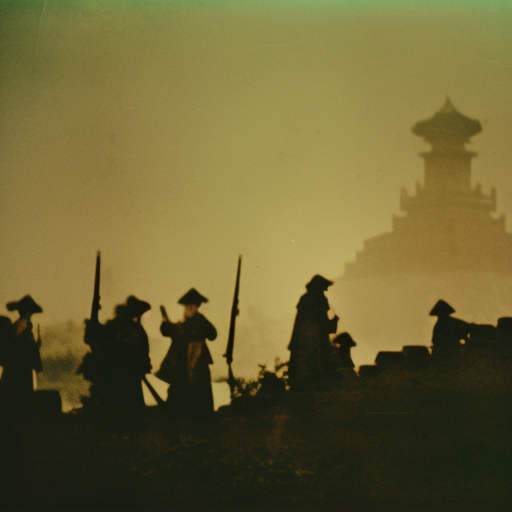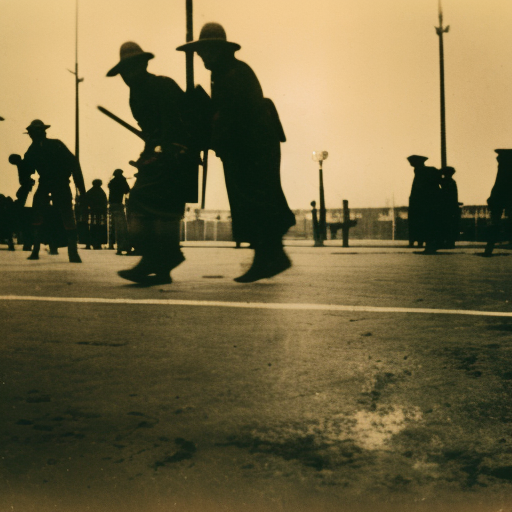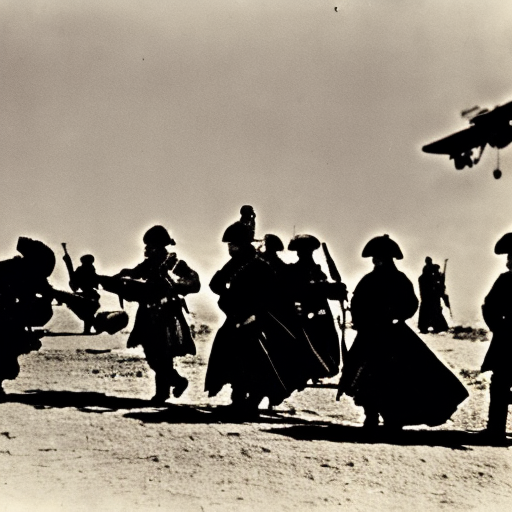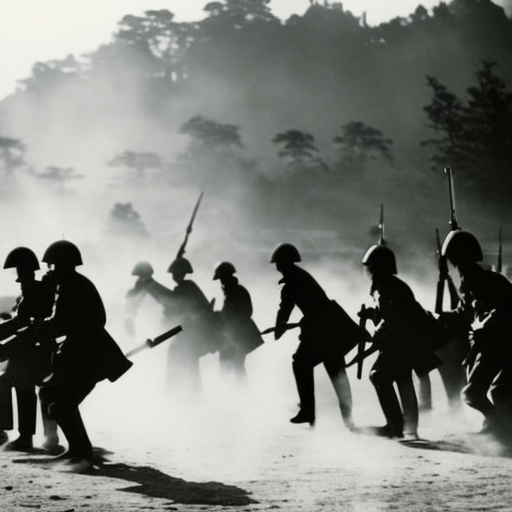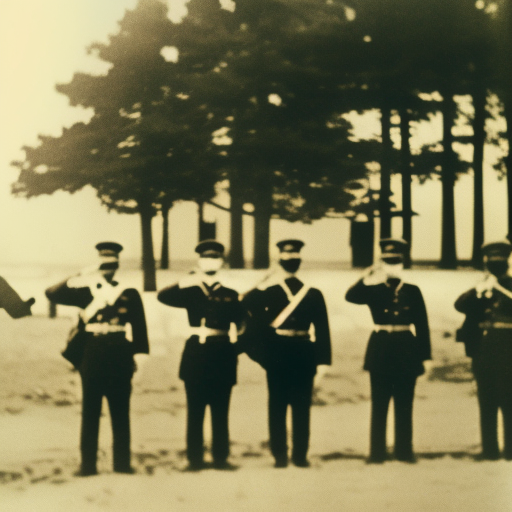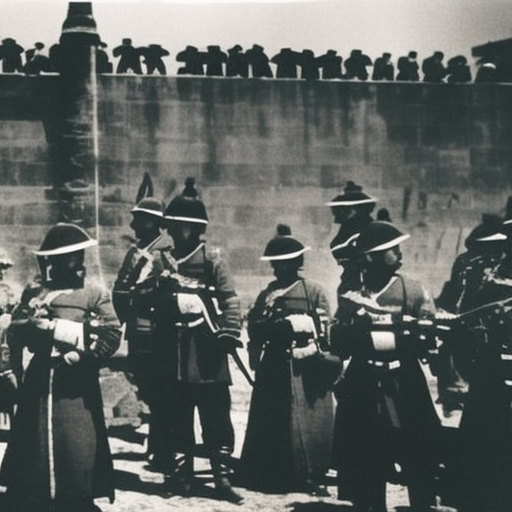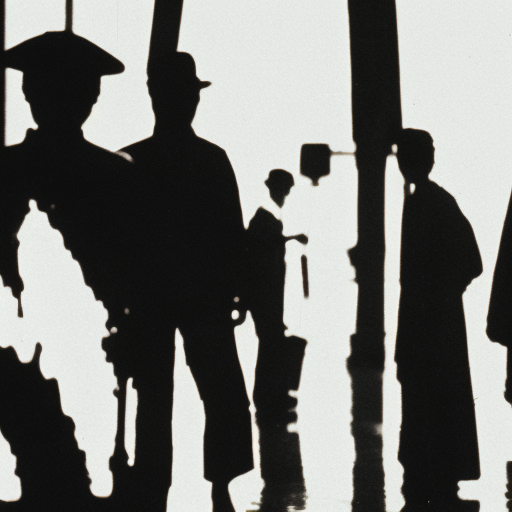The Opium Wars in China were a series of conflicts between China and Western powers over the opium trade, resulting in China’s defeat and significant territorial and economic concessions.
The Qing Dynasty Explained
The Qing Dynasty was the last imperial dynasty of China, ruling from 1644 to 1912, characterized by its Manchu ethnic rulers and expansion of Chinese territory.
The Boxer Rebellion (1899-1901) Explained
The Boxer Rebellion was a violent anti-foreign and anti-Christian uprising in China that aimed to expel Western influences.
The Opium Wars Explained
The Opium Wars were a series of conflicts between China and Western powers in the 19th century over the opium trade, resulting in China’s defeat and significant territorial and economic concessions.
Battle of Jiuliancheng Explained
The Battle of Jiuliancheng was a significant conflict during the Chinese Civil War between the Communist Party of China and the Nationalist Party.
First Sino-Japanese War Explained
The First Sino-Japanese War was a conflict between China and Japan in the late 19th century, resulting in Japan’s emergence as a regional power.
Boxer Rebellion Explained
The Boxer Rebellion was a violent anti-foreign and anti-Christian uprising in China from 1899 to 1901.
Taiping Rebellion Explained
The Taiping Rebellion was a massive civil war in China from 1850 to 1864, led by Hong Xiuquan, with the goal of establishing a utopian Christian kingdom.
Opium Wars Explained
The Opium Wars were a series of conflicts between China and Western powers in the 19th century over the opium trade, resulting in China’s defeat and the imposition of unequal treaties.
Transition from Ming to Qing Explained
The transition from Ming to Qing marked the end of the Ming dynasty and the beginning of the Qing dynasty in China.









